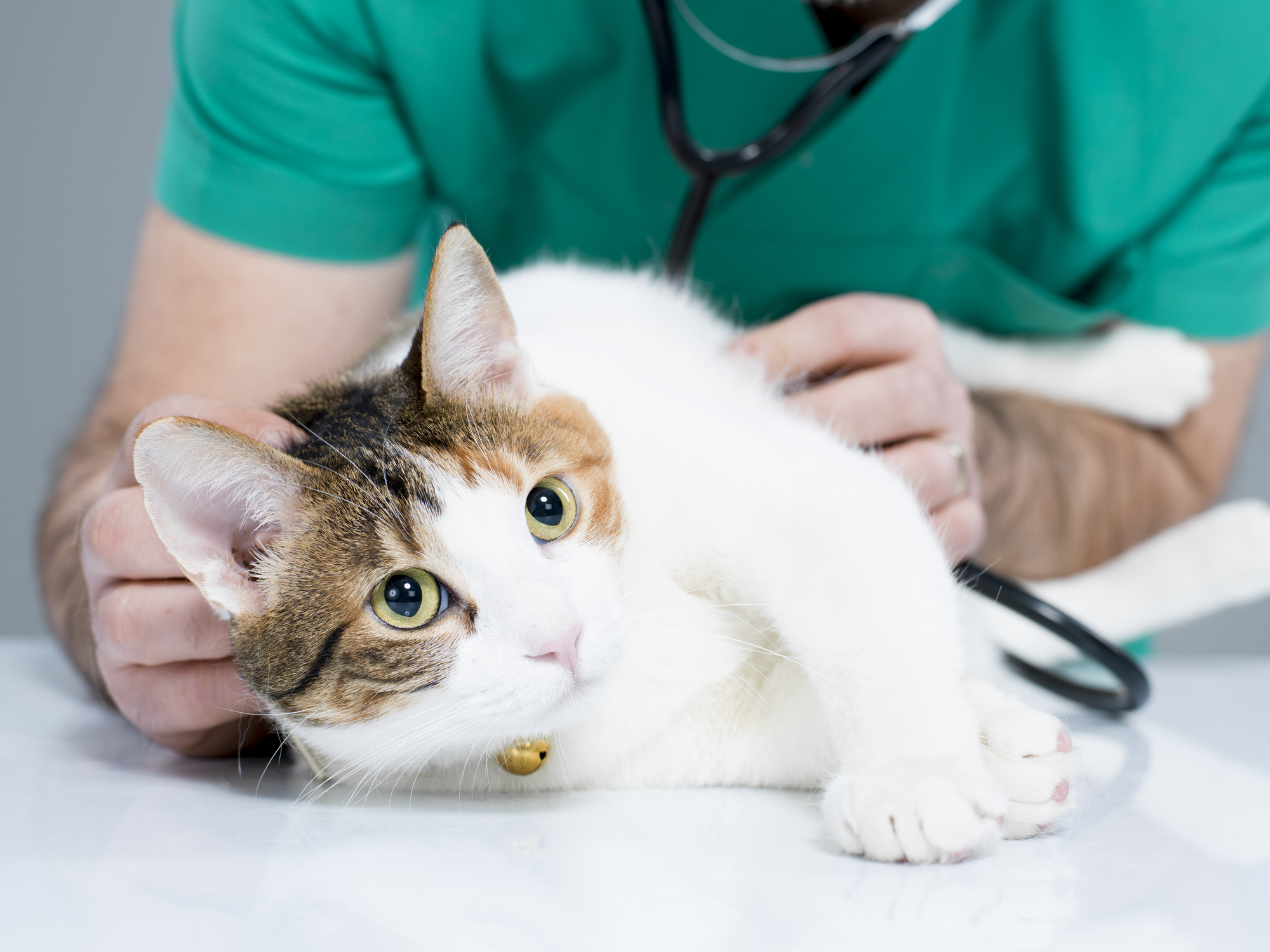Feline Leukemia Virus (FeLV): What you should know
Feline Leukemia Virus (FeLV) is one of the most common infectious diseases in cats, affecting their immune systems and overall health. It’s a significant concern for cat owners, especially those with multiple cats or outdoor pets. Understanding FeLV, its symptoms, prevention, and treatment options can help you protect your feline friends from this life-altering virus.

What is Feline Leukemia Virus (FeLV)?
FeLV is a retrovirus that weakens a cat’s immune system, making them more susceptible to infections and certain cancers, particularly lymphoma. It spreads through close contact between cats, usually via saliva, blood, nasal secretions, or even shared grooming.
Although FeLV cannot be cured, early diagnosis and proper care can significantly improve a cat’s quality of life and lifespan.
How is FeLV transmitted?
Cats can contract FeLV in several ways:
- Social grooming: Shared saliva during mutual grooming or through bites.
- Mother-to-kitten transmission: An infected mother can pass the virus to her kittens during birth or nursing.
- Shared items: Using contaminated water bowls, food dishes, or litter boxes.
- Close contact: Living with or frequently encountering infected cats increases the risk.
Outdoor cats, unvaccinated cats, and those in multi-cat households are at higher risk of contracting FeLV.
Symptoms of FeLV
Symptoms of FeLV can vary depending on the stage of infection. Common signs include:
- Lethargy and fatigue
- Loss of appetite
- Weight loss
- Persistent fever
- Pale or inflamed gums
- Respiratory infections
- Diarrhea or vomiting
- Enlarged lymph nodes
- Frequent infections (due to a weakened immune system)
- Jaundice (yellowing of the skin and eyes)
In some cases, an infected cat may not show symptoms for months or even years, which makes regular vet check-ups crucial. Animal Mama hospital – is a veterinary hospital in Phnom Penh and Siem Reap, where our professional doctors are running the careful diagnosis to make sure that nothing remains undetected
Diagnosing FeLV
If you suspect your cat may have FeLV, the veterinarian will perform specific blood tests, such as:
- ELISA Test: Detects early FeLV infection.
- IFA Test: Confirms persistent FeLV infection.
Early detection helps in managing the condition effectively.
Treatment options for FeLV
While there is no cure for FeLV, treatment focuses on managing symptoms and secondary infections. Cats with FeLV can still live fulfilling lives with proper care and monitoring. Treatment options include:
- Regular vet care: To monitor health and detect secondary infections early.
- Supportive care: Providing proper nutrition, hydration, and medications to boost the immune system.
- Treatment for secondary infections: Antibiotics and other medications as needed.
- Avoid stress: Keep the cat’s environment calm and free from stress to avoid weakening the immune system further.
Preventing FeLV
Prevention is the best approach to protecting your cat from FeLV. Steps include:
- Vaccination: Vaccines are available to prevent FeLV, especially for high-risk cats.
- Regular testing: Test your cats for FeLV, especially before introducing a new cat to your household.
- Indoor living: Keep your cat indoors to limit contact with potentially infected cats.
- Spaying and neutering: Reduces the risk of roaming and fighting, which can lead to transmission.
By understanding and taking preventative measures, you can protect your cats from Feline Leukemia Virus and ensure they live a healthy and fulfilling life. Regular vet visits, vaccinations, and responsible pet care are the keys to keeping your feline family safe.
FAQ about Feline Leukemia Virus (FeLV)
- Can humans or other pets get FeLV from infected cats?
No, FeLV is species-specific and only affects cats. It cannot be transmitted to humans or other animals like dogs.
- How often should my cat be tested for FeLV?
Testing is recommended for new kittens, before introducing a new cat to your home, or if your cat has been exposed to FeLV-positive cats.
- Is there a cure for FeLV?
Unfortunately, there is no cure for FeLV. However, with proper care and management, cats can live for many good quality years after diagnosis.
- Should I vaccinate my cat against FeLV?
Yes, especially if your cat goes outdoors or interacts with other cats. Consult your vet to determine if the vaccine is necessary based on your cat’s lifestyle.
- Can I adopt a cat with FeLV?
Absolutely! FeLV-positive cats can live happy lives with the right care. However, they should be kept as single cats or only with other FeLV-positive cats to prevent spreading the virus.
- How long can an FeLV-positive cat live?
Lifespan varies. With good care, some cats live for many years, though others may succumb to complications within a few years of diagnosis.
Because Animals Are people Too

